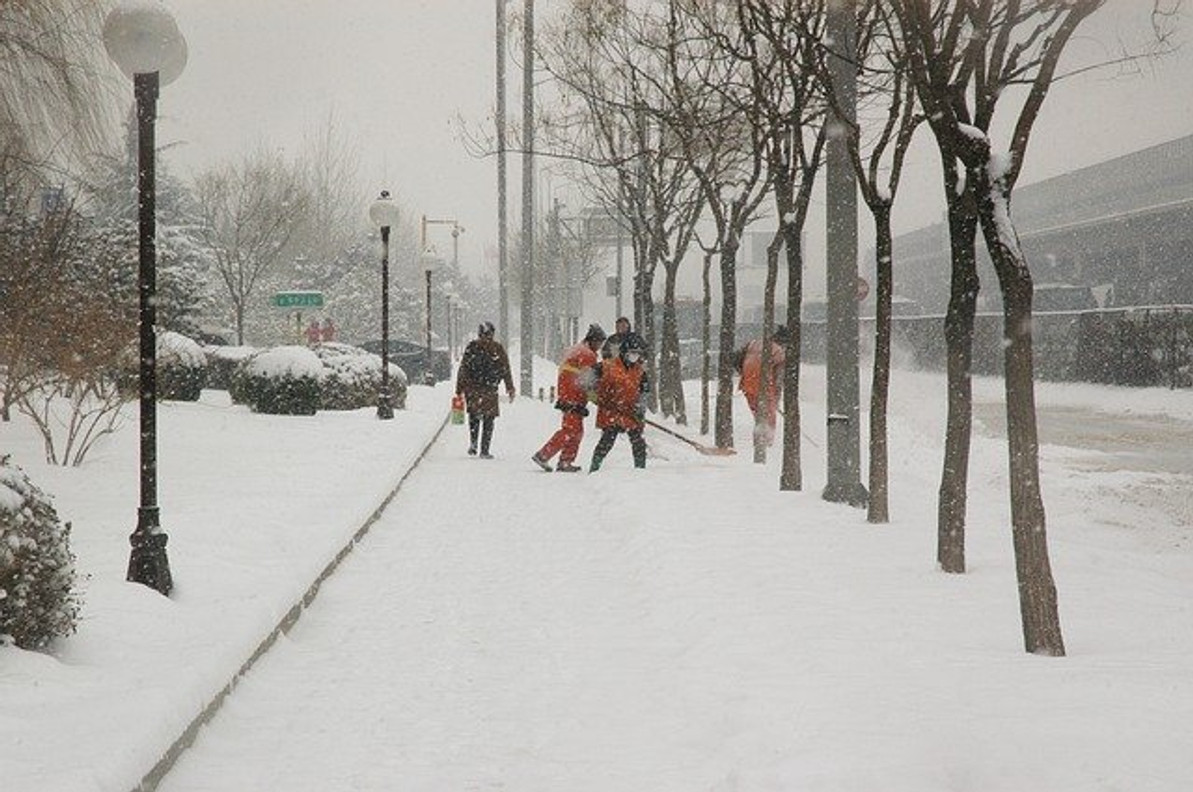An Introduction to Cold Stress and How to Prevent It
Cold stress is a common concern for workers during the winter. Defined as the reduction of a person's body temperature below that of normal levels, it can lead to a myriad of problems, such as hypothermia and frostbite. While you can't control the weather, there are ways to protect yourself from cold stress. To learn more about cold stress and ways to prevent it, keep reading.
The Basics of Cold Stress
If you work in a cold environment -- whether indoors or outdoors -- you may be susceptible to cold stress. According to the U.S. Occupational Health and Safety Administration (OSHA), it's a common risk factor for hypothermia and frostbite. Hypothermia occurs when your body temperature drops to 95 degrees Fahrenheit or below. Frostbite, on the other hand, occurs when skin cells begin to freeze.
Cold stress is simply a condition in which your body temperature drops. If you work in a cold environment, you'll need to protect yourself from this condition. Otherwise, it may lead to hypothermia or frostbite, both of which are serious medical conditions that require immediate treatment.
Stay Dry
Staying dry will protect you from cold stress. Your body's ability to retain heat is dependent upon it being dry. If your skin is wet, your body will lose heat more quickly, which may lead to cold stress. By staying dry, your body will retain more of its heat so that you aren't vulnerable to cold stress.
Wear Multiple Layers
In addition to staying dry, consider wearing multiple layers. You can wear two shirts and a jacket, for example. Wearing multiple layers is effective at preventing cold stress because it offers more insulation than a single layer. Each layer of clothing will further insulate your body.
Drink Hot Beverages
Need another reason to start your day with a hot cup of coffee or tea? Aside from giving you energy, it will lower your risk of cold stress. Drinking a hot beverage will raise your body temperature so that you are warmer and better protected against cold stress.
Cover Your Hands
Another tip to protect against cold stress is to cover your hands. Frostbite typically occurs in the fingers. Your fingers will likely get colder than the rest of your body. You can keep them warm, fortunately, by covering them with a pair of gloves. Choose a pair of winter weather gloves that are designed with an interior lining of insulation.
Recent Posts
-
Fire Safety in the Workplace: What You Need to Know
What steps are you taking to prevent fires in your workplace? According to the U.S. Occupational Saf …Aug 23rd 2023 -
Is It Safe to Go Jogging With a Cold Infection?
If you're suffering from a cold infection, you might be wondering whether it's safe to go jogging. T …Aug 22nd 2023 -
5 Safety Tips to Follow When Using a Powder-Actuated Tool
Powder-actuated tools are commonly used to join materials to steel and concrete. Also known as Hilti …Aug 20th 2023




